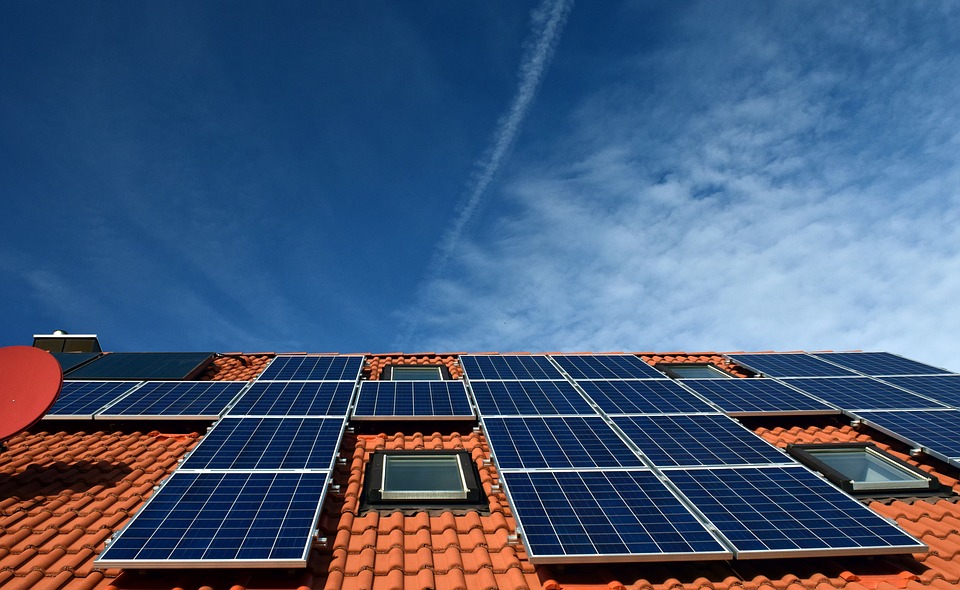Commercial solar is still quite expensive in Australia to install. Costs can run over $1,000 per kilowatt for many types of systems. Solar panels that use high-quality gadgets like power optimisers or microinverters can cost even more. This amount of cost may be bearable for larger businesses, but small businesses may forgo solar just because of the overhead capital.
However, small businesses do not have to bear all the costs of solar power installation if the budget is tight. Here are several options for financing solar power installation for a greater energy saving future for your business:

Purchase Systems at Cash Price
Purchasing solar power at cash price instead of financing may be the best option for certain small businesses. The advantage here is that most providers offer the lowest cash price for the panels with short payment plans suited for small businesses. Because these cash price plans are made to recover costs in the shortest possible time, the fees associated with longer maintenance agreements are all but eliminated.
Buying at cash price works for small businesses because these companies rarely require a large-scale solar power installation. Most small businesses can do with 3kW systems, or at max 100kW, costs of which are manageable at cash price. Cash price becomes very expensive typically only when the power output exceeds 100kW.
Sign a Power Purchasing Agreement
A solar power purchasing agreements, commonly referred to as a PPA, is a type of leasing agreement between the business client and the solar power provider. This agreement is most useful when businesses want to purchase the solar power, but not the expensive equipment.
Under a power purchasing agreement, the solar provider that installs the system at your business site legally owns the hardware. As the legal owner, the provider is also legally-bound to properly maintain the equipment. Your businesses essentially then purchases solar power from this provider generated by the equipment installed at your site.
Technically, your company would be buying electricity. But unlike with standard utility bills, solar power is much cheaper to purchase. So businesses can still enjoy lower energy costs overall. These agreements are often implemented on the long term for clients and providers to benefit at maximum.
The downside is, the business cannot become energy independent or self-sufficient. A company will not become eligible for feed-in tariffs under such agreements. But this is still a great option for small businesses that cannot afford expensive hardware but still want to benefit from the reduced costs of solar energy.

Obtain a Loan
Small businesses can take out a loan to cover the costs of installation if the interest on the loan in lower than the savings from solar energy. If private lenders do not suffice, companies can consider government loans. South Australian states, for example, offers building upgrade finance loans for businesses that aim to improve energy, water, or environmental efficiency. Such loans can greatly benefit smaller companies that want to switch to solar.
Small businesses would need to consult carefully with providers to understand the best financing options for the system required. Consider all of the above financing options and choose the option best for your company’s needs following the consideration.




